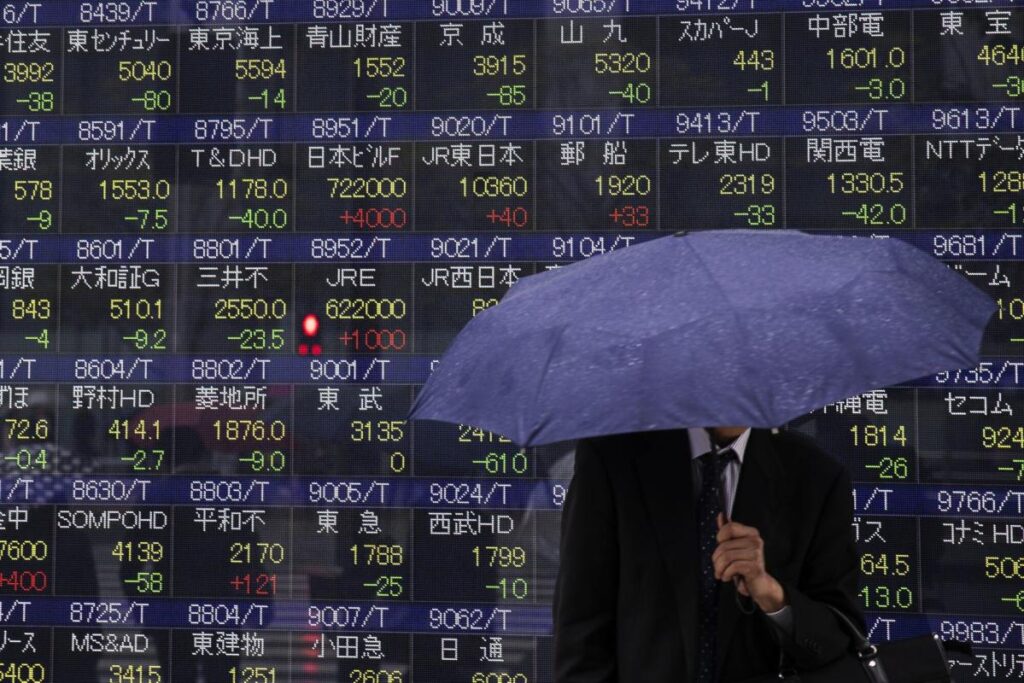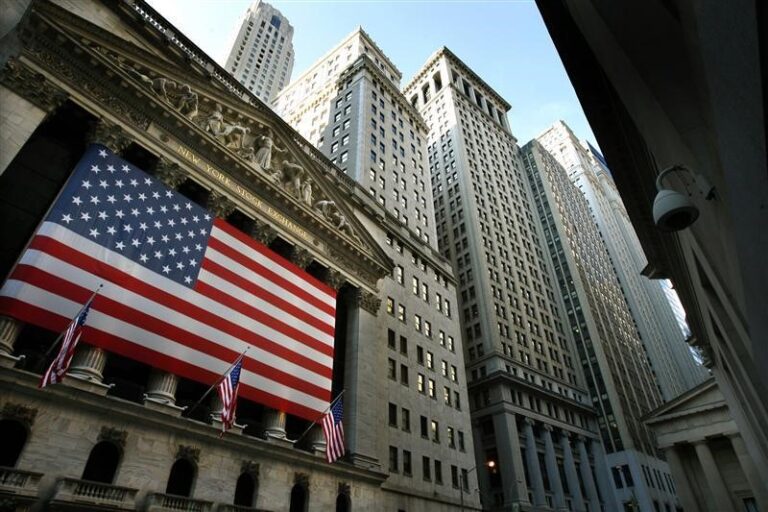
US Futures Flag Muted Open After Tech-Fueled Rally: Markets Wrap
(Bloomberg) — US equity futures edged higher in muted pre-holiday trading, signaling a subdued open on Wall Street after Monday’s tech-led rally.
Most Read from Bloomberg
Contracts on the S&P 500 gained about 0.1% and those on the Nasdaq 100 were 0.2% higher. American Airlines Group Inc. shares fell as much as 5.5% in premarket trading after the company grounded all flights nationwide, according to an FAA advisory.
Europe’s Stoxx 600 added 0.3%, with major markets including Germany shut and others, such as London and Paris, scheduled to close early. France’s CAC 40 outperformed after Prime Minister Francois Bayrou said he aimed to reduce the country’s budget deficit to near 5%.
The S&P 500 is on its way to record a stellar annual return and back-to-back years of more than 20% gains. The index has risen about 25% since the end of 2023. The top seven biggest technology stocks accounted for more than half of the advance, though market breadth improved in the latter half of the year.
European stocks, by contrast, have lagged amid lackluster economic growth and political upheaval in France and Germany. The Stoxx 600 has dropped more than 4% since a September high, heading for its biggest quarterly loss in two years.
“The year is ending with a renewed strength in the US market, thanks to an increase in breadth,” said Alberto Tocchio, a portfolio manager at Kairos Partners. “The reality is that US growth has surprised everybody as it’s been very resilient, while unfortunately Europe is closing very downbeat as it still struggles to get some growth.”
Among individual movers in Europe, Vistry Group Plc plunged as much as 20% after the UK homebuilder lowered its earnings guidance for the third time in as many months.
Asian stocks rose, with shares in Mainland China and Hong Kong among the best performers, while those in Japan were mixed. Taiwan Semiconductor Manufacturing Co. touched a new record high, while Honda Motor Co. jumped after announcing a share buyback.
MSCI’s Asian equity benchmark is still headed for its first quarterly loss since September 2023, losing 6.8% over the period, even as the S&P 500 has risen 3.7%. Sentiment has soured in Asia in recent months due to concerns over higher global tariffs threatened by US President-elect Donald Trump, a stronger dollar and China’s lackluster economic recovery.




